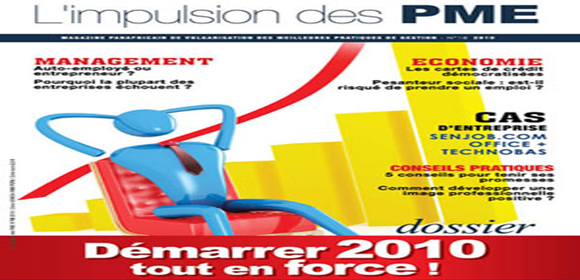- Washington “follows with interest” Morocco’s openness onto Africa (John Kerry)Posted 11 years ago
- The trial of South African Paralympic champion Oscar Pistorius opened in Pretoria on Monday.Posted 11 years ago
- USA welcomes efforts of King Mohammed VI in MaliPosted 11 years ago
- Egypt’s population reaches 94 millionPosted 11 years ago
- Mugabe celebrates his 90thPosted 11 years ago
- Moroccan Monarch to Build a Perinatal Clinic in BamakoPosted 11 years ago
- King Mohammed VI handed a donation of bovine semen for the benefit of Malian breeders.Posted 11 years ago
- Moroccan King’s strategic tour to Africa: Strengthening the will of pan African Solidarity and stimulating the south-south cooperation mechanisms over the continentPosted 12 years ago
- Senior al-Qaida leader killed in AlgeriaPosted 12 years ago
- Libya: The trial of former Prime Minister al-Baghdadi AliPosted 12 years ago
WAEMU: Intelligence to boost the role of the SMEs
 The sub-region countries’ public procurement remains the preserve of large companies and multinationals, but remains also inaccessible to small and medium enterprises (SMEs) that share less than 5% of the overall budget of the eight UEMOA countries; knowing that States are the main providers of public procurement.
The sub-region countries’ public procurement remains the preserve of large companies and multinationals, but remains also inaccessible to small and medium enterprises (SMEs) that share less than 5% of the overall budget of the eight UEMOA countries; knowing that States are the main providers of public procurement.
This situation is partly the result of the poor posture of SMEs in this competition, and as confirmed by the Vice-President of the Chamber of Commerce, Industry and Agriculture of Dakar, Daouda Thiam, the real brake to access the markets by the SMEs’ is their small size. This reality has always been of great difficulties to the local SMEs to be informed of the existence of a market, because they lack the tools necessary for economic information, thus they miss the opportunities available to them to apply and hope to win, as the miss the regulations governing the public procurement. We need a good knowledge of the procurement code, Daouda Thiam said. Before you compete, you must know the rules of the game; that is to say all SMEs must appropriate the procurement code. To reverse this trend, the sub-region consulates have to do what it takes to better support SMEs in this regard. Hence the interest of the seminar on “economic intelligence and organisation of a monitoring system, held in Dakar, is projected as an initiation workshop to form trainers and strengthen the capacity of the focal points of the project which are housed in the chambers of commerce of the eight countries of the sub-region. This will provide basic tools to be able to train the operators, and help the SMEs to have the necessary arguments and respond to the market offers and bid alone or in groups, so that small businesses by size can get together and be able to win business and execute them. Given the vital role of the private sector, it is shown that development cannot be achieved unless a structured and consistent support of public authorities is implemented, including the upgrading of the SMEs in relation to international competition standards. The Market Access Project for Development Assistance (Amade-Proinvest), funded by more than 2.020 million US dollars, of which 90% provided by the European Union, is seeking to inform companies about the procurement , train companies on the procedures for procurement of major clients and the knowledge and mastery of the markets’ policy in force over the 8 UEMOA countries.
